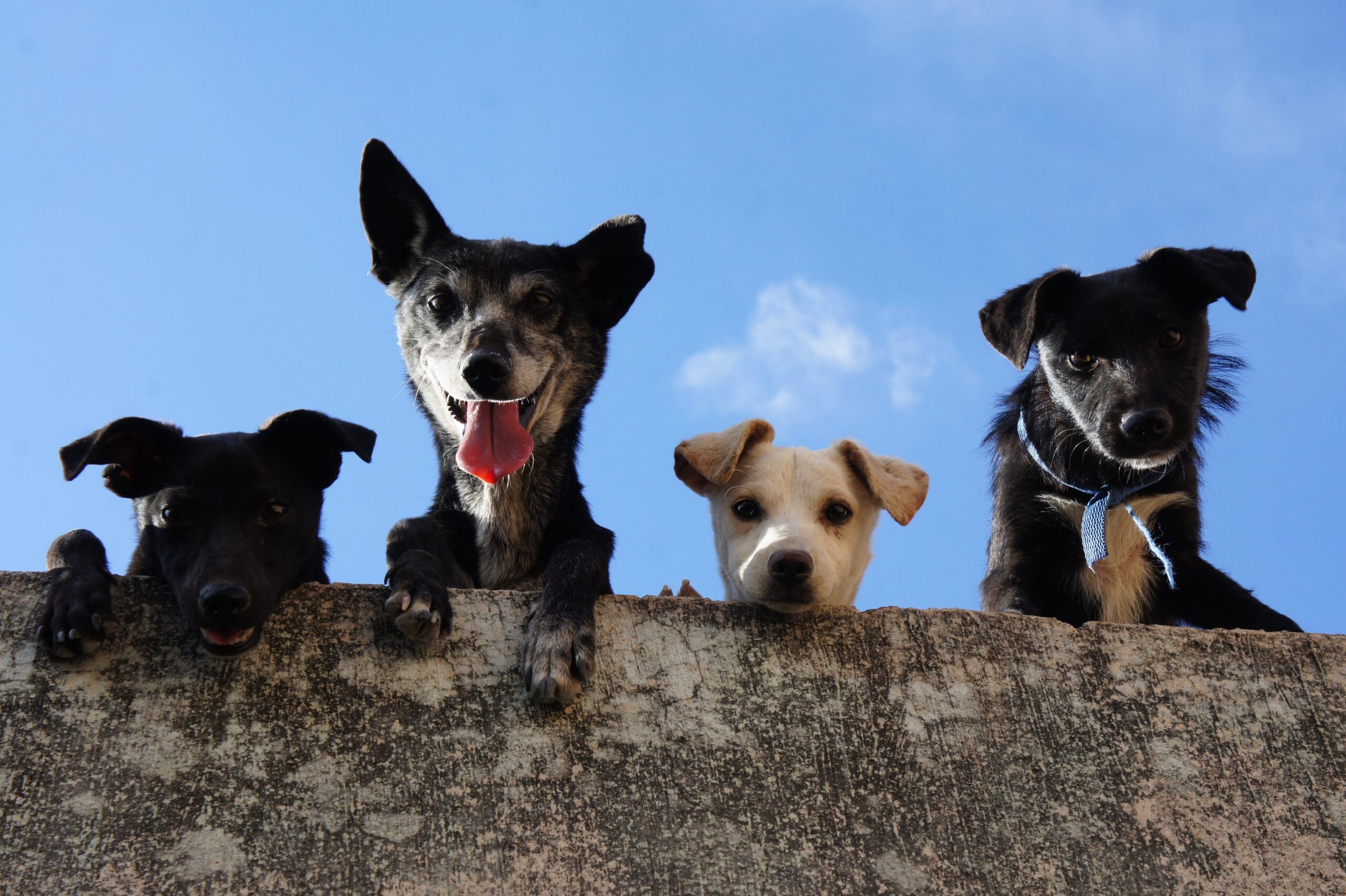Bringing a new puppy into your home is an exciting and joyful experience. However, it also comes with the responsibility of training and guiding them to develop good behavior. Positive reinforcement and consistent training are essential to ensure your puppy grows into a well-behaved and happy adult dog. Here are ten effective ways to encourage good behavior in your puppy.
1. Start Early and Be Consistent
Consistency is key when it comes to training your puppy. Start training early, ideally as soon as you bring your furry friend home. Establish consistent rules and boundaries from day one to avoid confusion. If you let your puppy get away with unwanted behavior sometimes and correct it other times, they’ll be unsure about what’s expected of them.
2. Use Positive Reinforcement
Positive reinforcement is a powerful tool in training your puppy. Reward your puppy with treats, praise, or playtime when they exhibit good behavior such as sitting, staying, or using the potty appropriately. This encourages them to repeat the desired actions.
3. Socialize Your Puppy
Expose your puppy to various people, animals, and environments early on to help them become well-adjusted and friendly adults. Socialization can prevent fear or aggression towards new situations or people and foster good behavior in different settings.
4. Enroll in Puppy Training Classes
Enrolling your puppy in a reputable training class offers structured guidance and socialization opportunities. Trainers can provide valuable advice, and your puppy can learn essential commands and behaviors while interacting with other dogs.
5. Set Up a Routine
Establish a consistent daily routine for feeding, bathroom breaks, playtime, and walks. A routine helps your puppy know what to expect and when, reducing anxiety and encouraging good behavior through predictability.
6. Use Clicker Training
Clicker training is a fantastic way to reinforce positive behavior. The clicker provides a distinct sound that your puppy associates with a reward, making it easier for them to understand when they’ve done something right.
7. Be Patient and Understanding
Remember, puppies are like babies; they need time, patience, and understanding to learn and grow. Avoid punishment-based training methods, as they can instill fear and hinder the learning process. Instead, focus on positive reinforcement and redirection.
8. Create a Safe Space
Designate a safe and comfortable space for your puppy, like a crate or a bed. A safe space helps them feel secure and reduces anxiety. It’s a place they can retreat to when they need some peace and quiet.
9. Teach Basic Commands
Basic commands such as “sit,” “stay,” “come,” and “leave it” are fundamental for your puppy’s safety and your peace of mind. Teaching these commands helps your puppy understand what’s expected of them and builds the foundation for more advanced training.
10. Exercise and Mental Stimulation
Ensure your puppy gets enough physical exercise and mental stimulation to prevent boredom and undesirable behaviors resulting from excess energy. Interactive toys, puzzle feeders, and regular walks are great ways to keep your puppy engaged and mentally sharp.
Conclusion
Raising a well-behaved puppy takes time, effort, and consistency. Using positive reinforcement, socializing your puppy, establishing routines, and providing mental stimulation are all effective strategies for encouraging good behavior. Remember, a happy and well-behaved puppy is a reflection of your dedication as a responsible pet owner. Enjoy the journey of training and bonding with your furry companion, and celebrate every milestone achieved in their growth and development.
